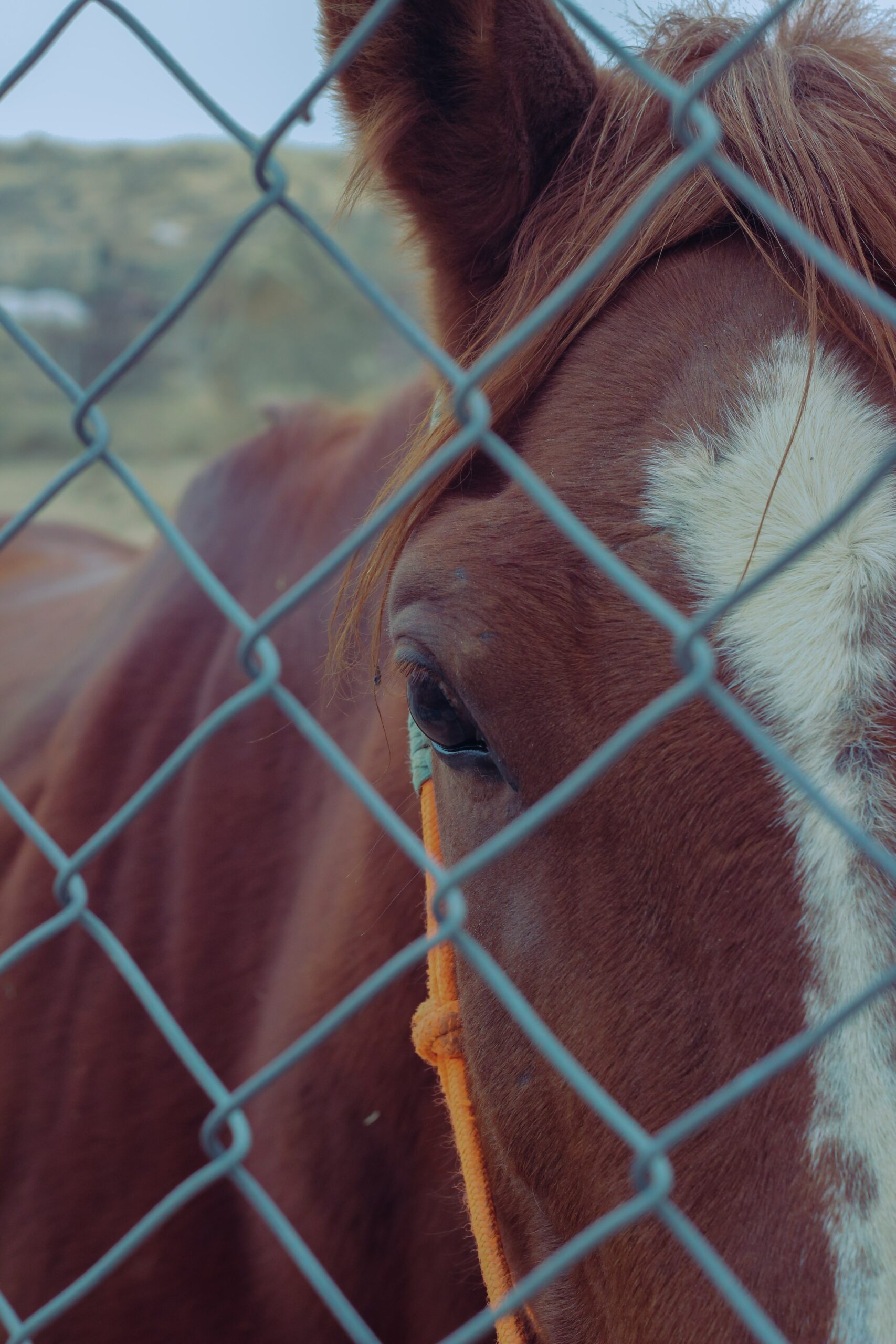Hey there! It’s your pal Jack here, and I’ve got a question for you: do horses remember traumatic experiences?
It’s something I never really thought about until I had a funny experience with a horse a few years back.
I was at a horse riding lesson and there was this one horse that I just couldn’t seem to get along with. No matter what I did, he always seemed to have a mind of his own and would refuse to do what I asked.
It wasn’t until later that I found out that the horse had been through a lot of trauma in the past, including being abandoned and neglected by his previous owner.
It got me thinking about whether or not horses are able to remember traumatic experiences. So, I did a little digging and here’s what I found out.
Table of Contents
The Memory Capabilities of Horses
It turns out that horses do have very good memories and are able to remember things for long periods of time.
They are able to recognize individual humans and other horses and can even remember specific routines and tasks that they have learned.
Horses also have excellent spatial memory, meaning that they are able to remember and navigate their environment, including the location of food and water sources. They are also able to recognize patterns and can remember the order in which they are asked to perform certain tasks.
Do Horses Remember Traumatic Experiences?
So, do horses remember traumatic experiences? It’s possible that they do. Research suggests that horses are able to remember and associate certain events or experiences with negative emotions, such as fear, anxiety, or stress.
For example, a horse that has been mistreated or neglected may have negative associations with certain people or situations, and may display fearful or anxious behavior as a result.
However, it’s important to note that horses are individuals and may respond differently to traumatic experiences. Some horses may be more resilient and able to recover from trauma more quickly, while others may be more affected by it.
How to Help a Horse Recover from Trauma
If you have a horse that has experienced trauma, there are a few things you can do to help them recover:
- Be patient: It may take time for a horse to trust and feel comfortable again after experiencing trauma. Be patient and allow the horse to progress at their own pace.
- Use positive reinforcement: Reward the horse for positive behavior and progress with treats or praise. This can help build their confidence and trust.
- Seek professional help: If you’re concerned about your horse’s mental well-being, it may be helpful to seek the help of a veterinarian or equine behaviorist. They can assess the horse’s condition and provide guidance on how to best support their recovery.
FAQ
Can horses suffer from PTSD?
It’s possible that horses can suffer from post-traumatic stress disorder (PTSD) as a result of a traumatic experience.
PTSD is a condition that can occur in humans and animals after experiencing a traumatic event, and can cause anxiety, fear, and other negative emotions. If you think your horse may be suffering from PTSD, it’s important to seek the help of a veterinarian or equine behaviorist.
What are the signs of a horse experiencing trauma?
There are a few signs that a horse may be experiencing trauma, including:
- Changes in behavior: A horse that has experienced trauma may display changes in behavior, such as becoming more anxious, fearful, or aggressive.
- Physical symptoms: A horse experiencing trauma may show physical symptoms, such as changes in appetite, weight, or energy level.
- Difficulty with tasks: A horse that has experienced trauma may have difficulty performing tasks or responding to commands, even if they were previously able to do so.
Can horses recover from trauma?
Yes, it’s possible for horses to recover from trauma. With the right support and care, horses can learn to trust and feel comfortable again after experiencing trauma.
It’s important to be patient and allow the horse to progress at their own pace, and to use positive reinforcement to help build their confidence and trust.
Seeking the help of a veterinarian or equine behaviorist can also be helpful in supporting a horse’s recovery from trauma.
Horse Sense
In conclusion, horses do have good memories and are able to remember things for long periods of time. It’s possible that they are able to remember and associate certain events or experiences with negative emotions, such as fear or anxiety.
If you have a horse that has experienced trauma, it’s important to be patient and provide them with the support and care they need to help them recover.
With the right care, horses can learn to trust and feel comfortable again.
Thanks for reading, and happy horse-ing!
Jack
